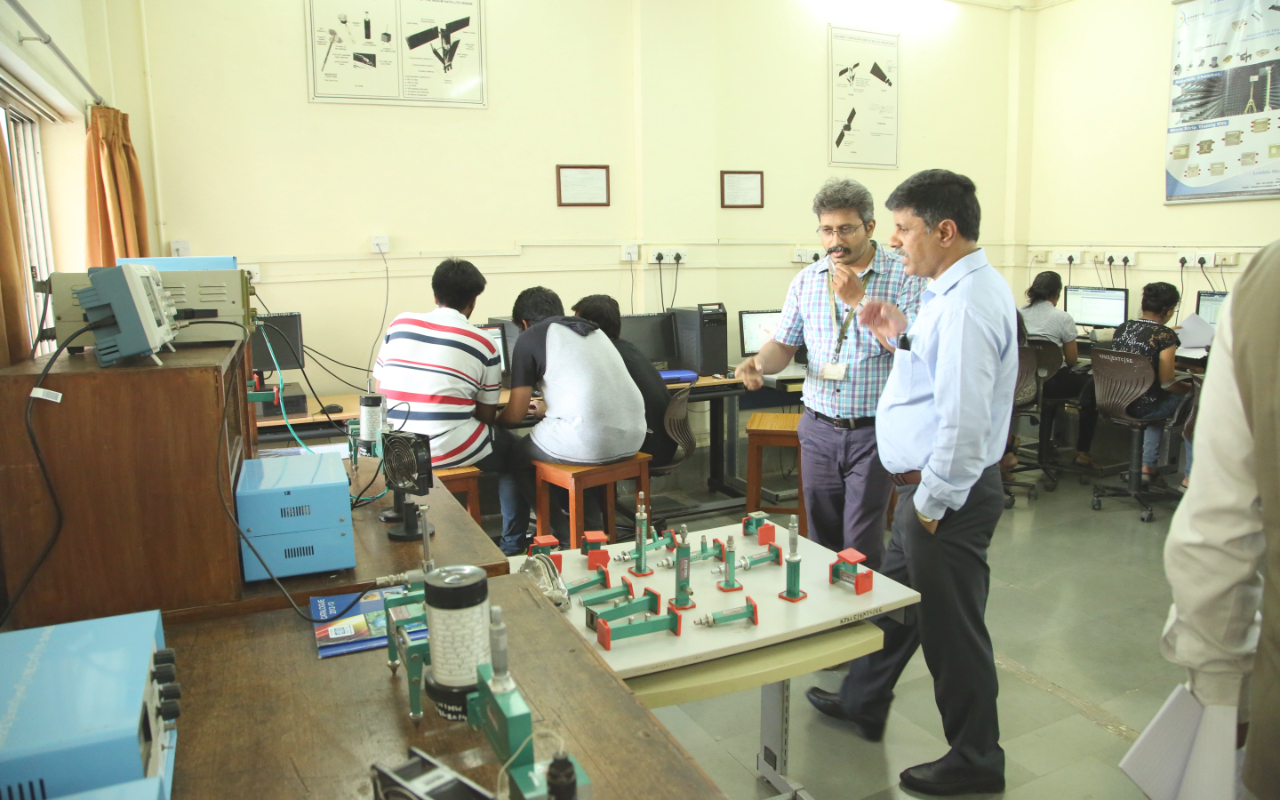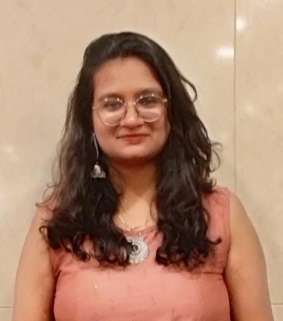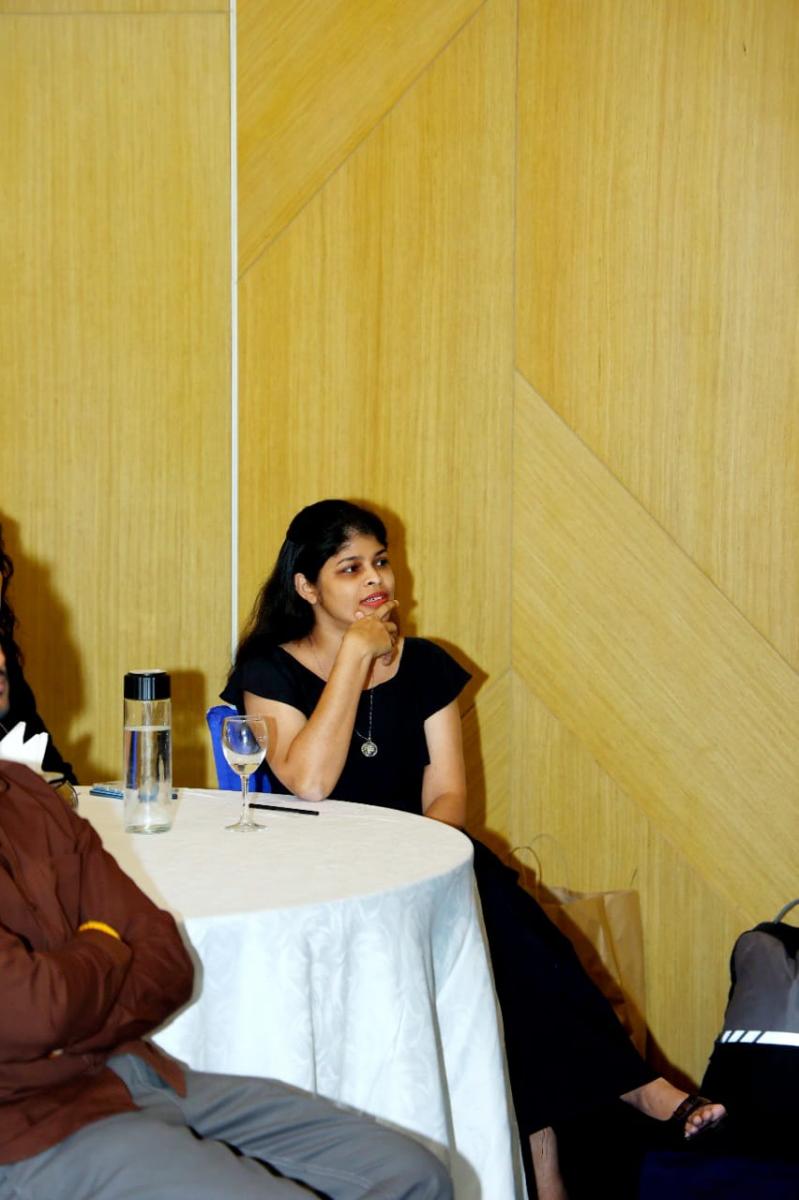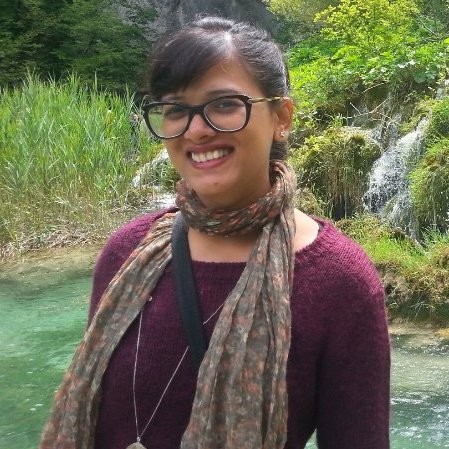2021
Launching of Minor Programme, Honour Programme, Certificate Courses and PG Diploma Programme in year 2021-2022
2020
Establishment of Ph. D research Centre in Electronics & Telecommunication 2020-2021
2020
Full time PG program Under Somaiya Vidyavihar University from 2020-2022
2019
Syllabus revision KJSSE 2019 implementation
2019
Formation of Somaiya Vidyavihar University
2016
KJSSE syllabus 2016 implemented
2014
Received autonomous status from university of Mumbai
2010
Started in 2010














